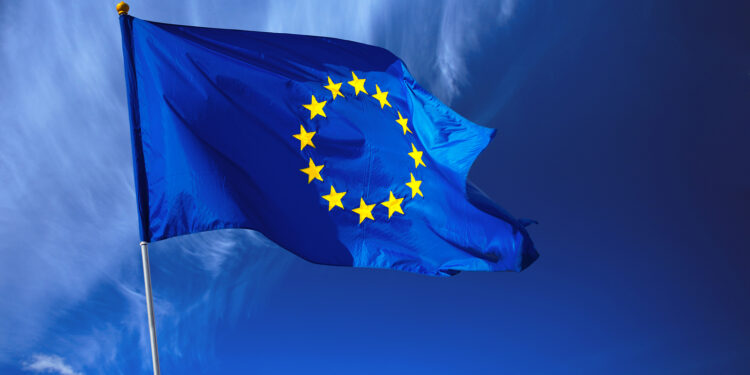The next version of the operating system for iPhones, iOS 17.4, is about to be released in beta. But this time, there's more than just exciting features and improvements to look forward to. Apple is under pressure from the EU Digital Markets Regulation, which forces the company to make some major changes to its app ecosystem. Below, we'll take a closer look at iOS 17.4 and the upcoming changes, especially sideloading iPhone apps in the European Union (EU).
The EU has given Apple a deadline of March 6 to comply with the new regulation's requirements, which include allowing sideloading of apps outside of the App Store. This is a significant step that could impact Apple's entire app ecosystem. iOS 17.4 is expected to usher in the first steps toward these changes. We take a look at the expected changes and how Apple is preparing to comply with the EU's Digital Markets Act.
iOS 17.4: New update brings big changes
With iOS 17.4, we can expect not only a pure update of the operating system but also an adaptation to the regulatory requirements of the European Union. The first beta version of iOS 17.4 is expected this week, but it remains unclear whether the app-related changes will be accessible immediately or saved for later beta versions. The main change concerns support for third-party app stores and sideloading of apps for users in EU countries such as Austria, Belgium, Italy, France, Germany, the Netherlands, Spain, Sweden and others. This means that iPhone users in these countries will be able to install apps outside of the Apple App Store in the future. It is important to note that Apple has vehemently opposed the Digital Markets Act and sideloading of apps in recent years. The Pursue argued that this would compromise the iPhone's security and privacy initiatives.
Adjustments are due to pressure from regulators
Tim Cook, Apple's CEO, expressed concern about these changes at a 2021 technology conference. Apple is expected to do only what is necessary to comply with the Digital Markets Act. This could lead to various restrictions and guardrails for third-party app stores and app sideloading on the iPhone. Similar steps have already been taken in the US, where Apple has allowed developers to refer customers to payment methods outside the App Store, but continues to charge commissions and impose certain rules. In addition to app sideloading, there are other changes coming to the iPhone in Europe due to pressure from regulators. Apple has pledged to give third-party payment apps in the EU, Iceland, Liechtenstein and Norway access to the iPhone's NFC chip. This could lead to more competition for Apple Pay. (Photo by Nyul / Bigstockphoto)





